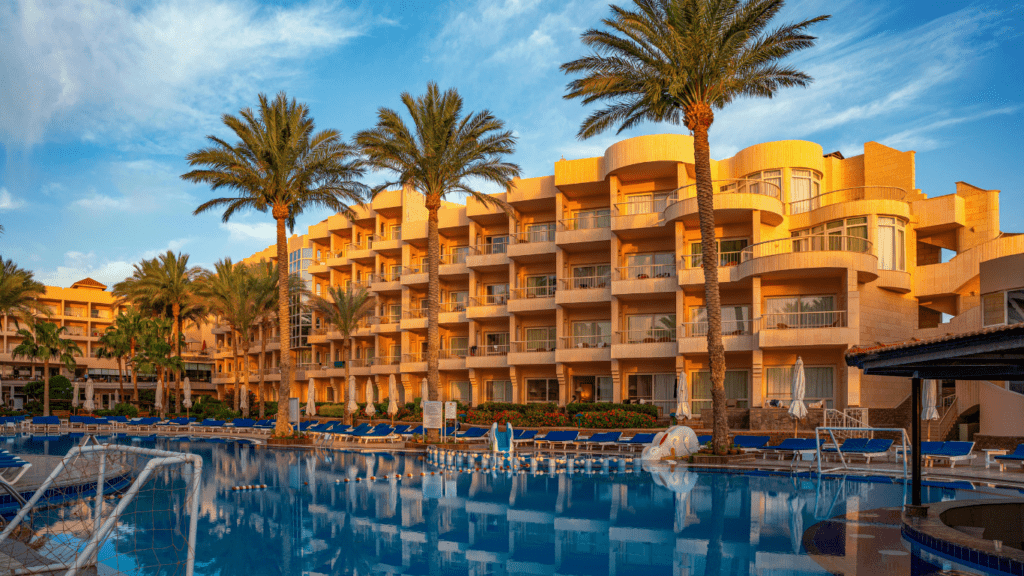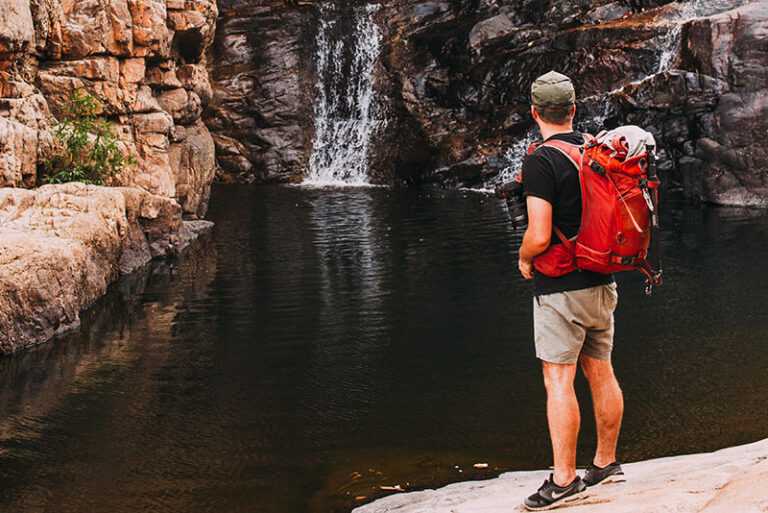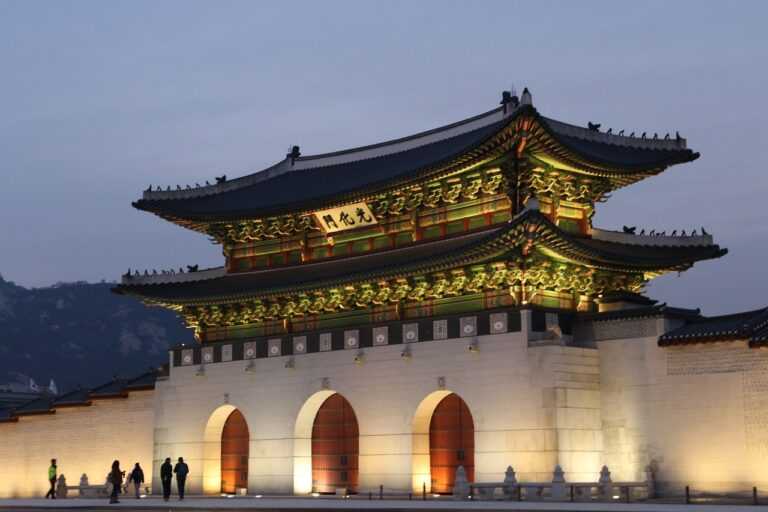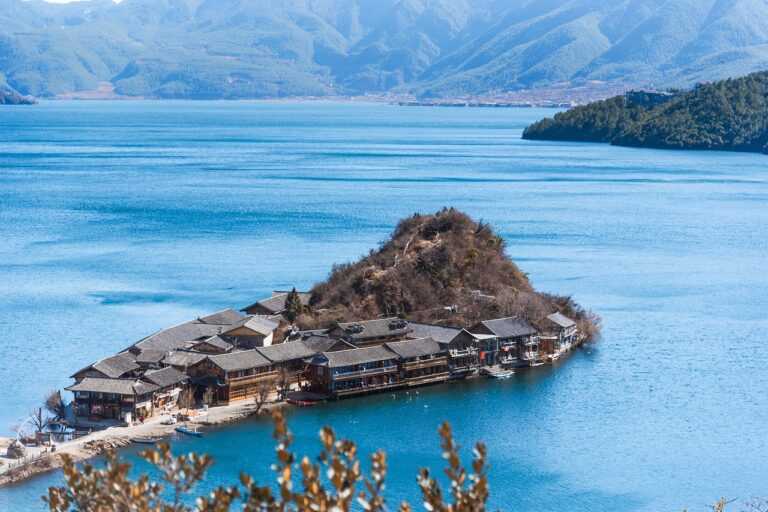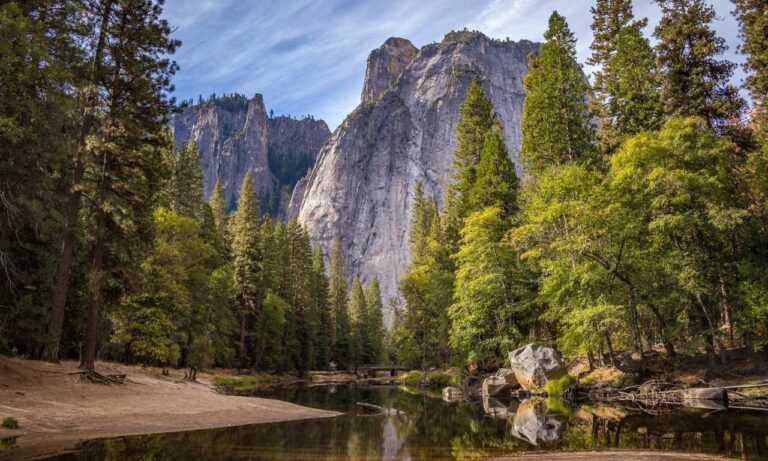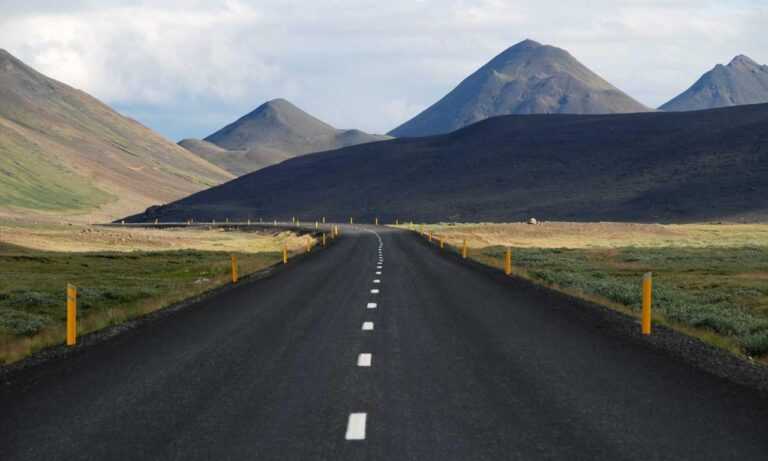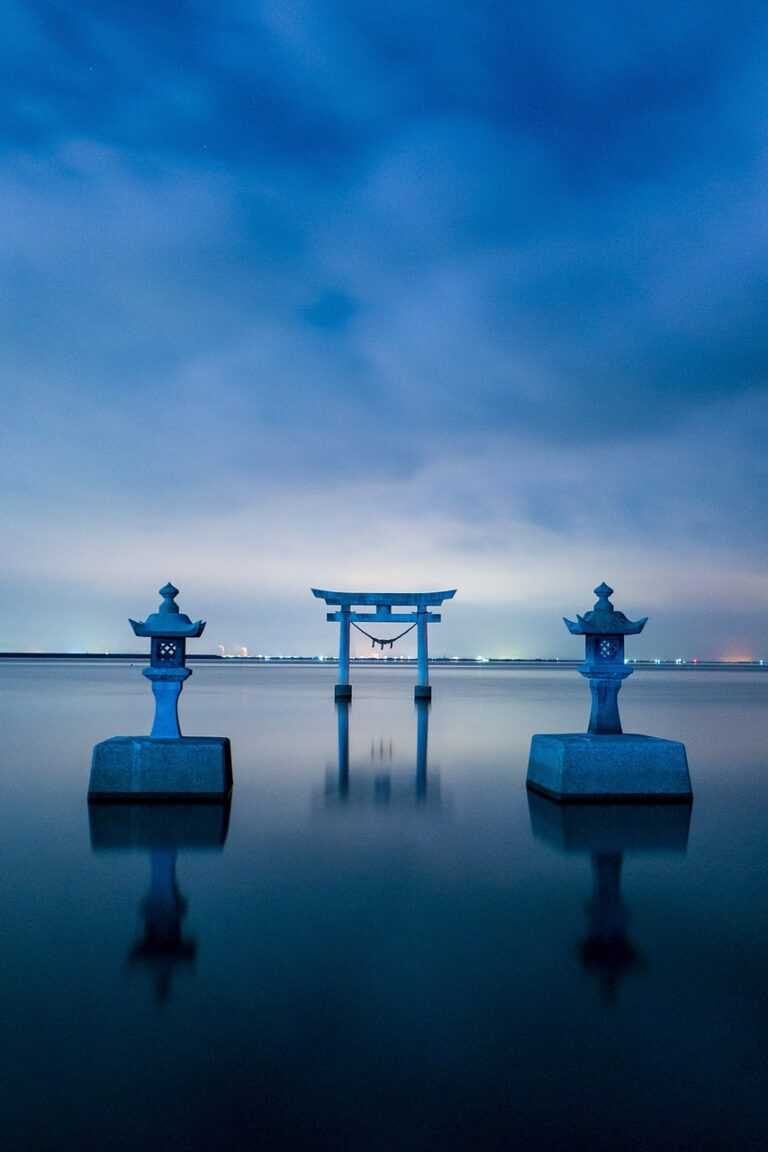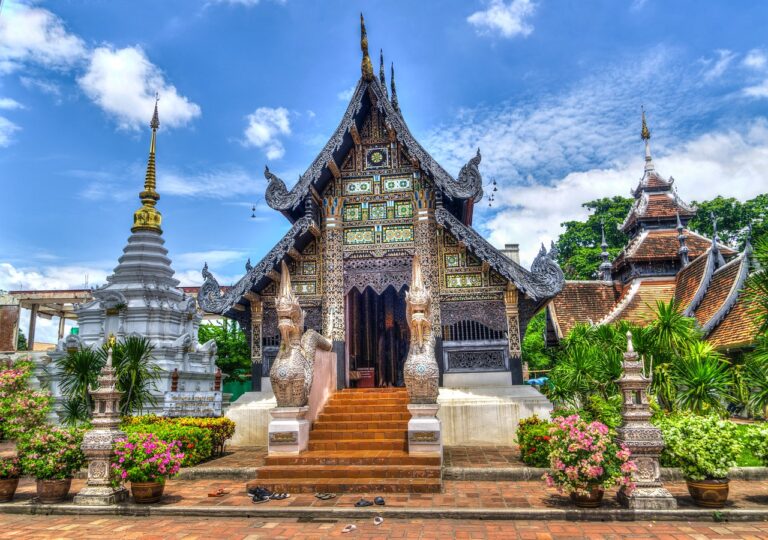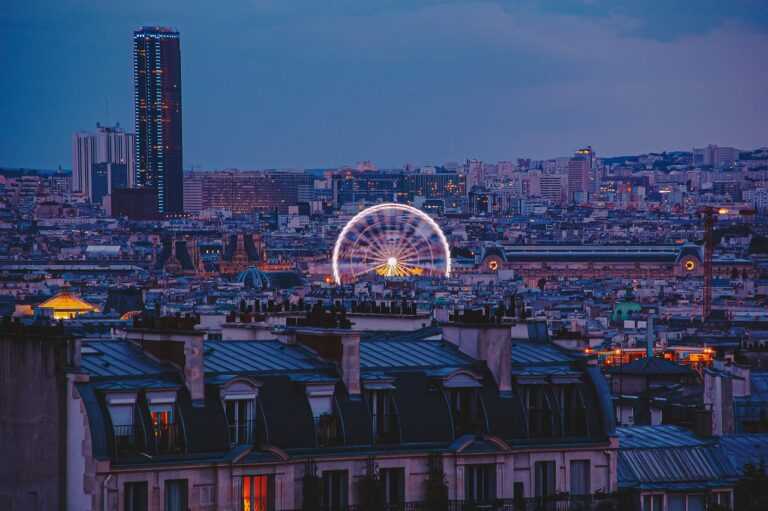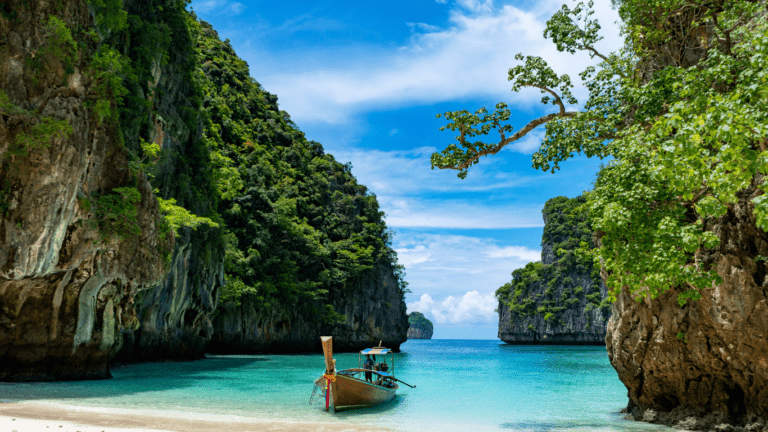The hotel industry is buzzing with exciting developments that are reshaping how we think about travel and accommodation. From stunning new openings to innovative redesigns, there’s a fresh wave of options that cater to every type of traveler.
Whether you’re seeking a luxurious escape or a cozy retreat, there’s something for everyone in this ever-evolving landscape. What’s more, the rise of eco-luxury options is changing the game. Many hotels are embracing sustainable practices while still offering high-end experiences.
This blend of comfort and environmental consciousness is not just a trend; it’s becoming the standard. Join me as we explore the latest news in the hotel industry, highlighting the most noteworthy openings, redesigns, and eco-friendly options that are making waves around the globe.
Recent Hotel Openings
The hotel industry continues to thrive with numerous exciting openings around the globe. These new establishments showcase innovative designs and concepts that attract a diverse range of travelers.
Notable Debuts Worldwide
- The Hoxton, Buenos Aires: This hotel offers vibrant, locally-inspired decor and a lively rooftop bar. Guests enjoy an array of restaurants and easy access to the city’s cultural highlights.
- Rosewood São Paulo: This luxury property features stunning artwork and a signature spa. It stands out for its exceptional service and fine dining options rooted in Brazilian cuisine.
- Four Seasons Resort and Residences, Napa Valley: Set in California’s wine country, this resort emphasizes outdoor experiences with vineyard views and multiple pools. It caters to both relaxation and adventure seekers.
- The Edition, Tampa: This waterfront hotel combines a modern aesthetic with a lively atmosphere. An onsite restaurant and nightlife options enhance the overall guest experience.
Unique Concepts and Themes
- Sustainable Design at 1 Hotels, Mexico City: This hotel prioritizes eco-conscious features, using reclaimed materials and energy-efficient systems. It creates a serene oasis in an urban setting.
- Cultural Immersion at Hotel Indigo, Rome: This property focuses on local culture and history, integrating art and cuisine from the surrounding neighborhoods. Guests find unique, themed rooms that reflect the city’s heritage.
- Adventure and Wellness at The Alchemist Hotel, New Zealand: This hotel combines adventure with wellness retreats, offering activities like hiking and yoga sessions. It aims to promote a healthy lifestyle alongside exploration.
- Tech-Forward Experience at Yotel, San Francisco: This hotel appeals to tech-savvy travelers with smart rooms featuring automated systems. Its futuristic design aligns with the city’s innovation spirit.
Major Redesigns in the Hotel Sector
Redesigns in the hotel sector focus on enhancing guest experiences and meeting current trends. Many hotels are investing in renovations that blend luxury with sustainability, creating inviting environments while catering to modern preferences.
Renovations That Elevate Guest Experience
Renovations prioritize comfort, aesthetic appeal, and functionality. Hotels are investing in:
- Open Spaces: Concepts like lobby lounges promote social interaction and relaxation.
- Wellness Features: Integration of fitness centers, spas, and healthy dining options caters to health-conscious travelers.
- Technology Upgrades: Smart room controls enhance convenience and personalization for guests.
- Local Art and Design: Collaborations with local artists integrate cultural elements, enhancing the destination’s allure.
These renovations aim not just to attract new guests but also to make existing ones feel valued and engaged during their stays.
Case Studies of Successful Redesigns
Several hotels exemplify successful redesigns that elevate their appeal:
- The Ritz-Carlton, New Orleans: The hotel underwent a $4 million redesign, enhancing its guest rooms and lobby to reflect the city’s vibrant culture. New furniture, artwork, and textiles create a luxurious atmosphere that respects the local heritage.
- The Standard, High Line in New York: Recently revamped, this hotel now features open-air terraces and improved communal spaces, fostering social engagement while highlighting views of the Hudson River.
- The Kimpton Hotel Arras in Asheville, North Carolina: This hotel incorporates local art and furniture to provide an authentic experience, transitioning its design to reflect the surrounding Blue Ridge Mountains.
These case studies represent a commitment to not only refreshing aesthetic appeal but also creating memorable experiences for guests.
The Rise of Eco-Luxury Options
Eco-luxury options are transforming the hotel industry, merging sustainability with exceptional guest experiences. Many hotels focus on environmentally friendly practices while offering high-end amenities.
Sustainable Practices in Luxury Hotels
Luxury hotels increasingly adopt sustainable practices to reduce their carbon footprint. They implement energy-efficient systems like LED lighting, solar power, and smart thermostats.
Water conservation measures, such as low-flow fixtures and greywater recycling, minimize waste. Many hotels also source food locally, supporting nearby farmers and reducing transportation emissions. Eco-friendly amenities, including organic toiletries and biodegradable products, enhance the guest experience while promoting sustainability.
Highlighting Eco-Conscious Properties
Noteworthy eco-conscious properties illustrate the rise of the eco-luxury segment. Examples include:
- The Brando, French Polynesia: This private resort utilizes solar energy and features a marine conservation program.
- Six Senses, Bhutan: Emphasizing sustainability, this hotel chain promotes local cultures and traditional Bhutanese architecture.
- The Orchard Hotel, San Francisco: Known for its LEED certification, this hotel incorporates green design and supports local community initiatives.
These properties emphasize eco-friendliness without compromising luxury, attracting guests who value sustainability.
Trends Shaping the Future of the Hotel Industry
Technological advancements and evolving guest preferences are transforming the hotel industry. These trends enhance guest experiences while promoting sustainability and innovation.
Technological Innovations
Hotels increasingly implement smart technologies to streamline operations and heighten guest comfort. Automation systems allow for seamless check-in and room service. Mobile apps facilitate personalized experiences, enabling guests to control room settings and access hotel amenities conveniently.
Contactless technologies also gain traction, allowing guests to check in, unlock rooms, and make payments with their smartphones. High-speed internet access is now a staple, with hotels offering upgraded Wi-Fi to accommodate remote work needs.
Voice-activated assistants in rooms provide information and automate tasks, creating a tech-centric stay that caters to tech-savvy travelers.
Changing Guest Preferences
Hotel guests prioritize unique experiences and personalized services more than ever. They seek accommodations that reflect local culture while offering amenities that promote well-being.
Preferences extend to sustainability, as travelers increasingly choose properties with eco-friendly practices, such as zero-waste initiatives or organic dining. Additionally, wellness-oriented features appeal to discerning guests.
These can include fitness classes, in-room yoga mats, and spa services. Families value spacious accommodations with activities for children. Ultimately, flexibility in booking options and loyalty programs that offer unique rewards play crucial roles in attracting and retaining guests.

